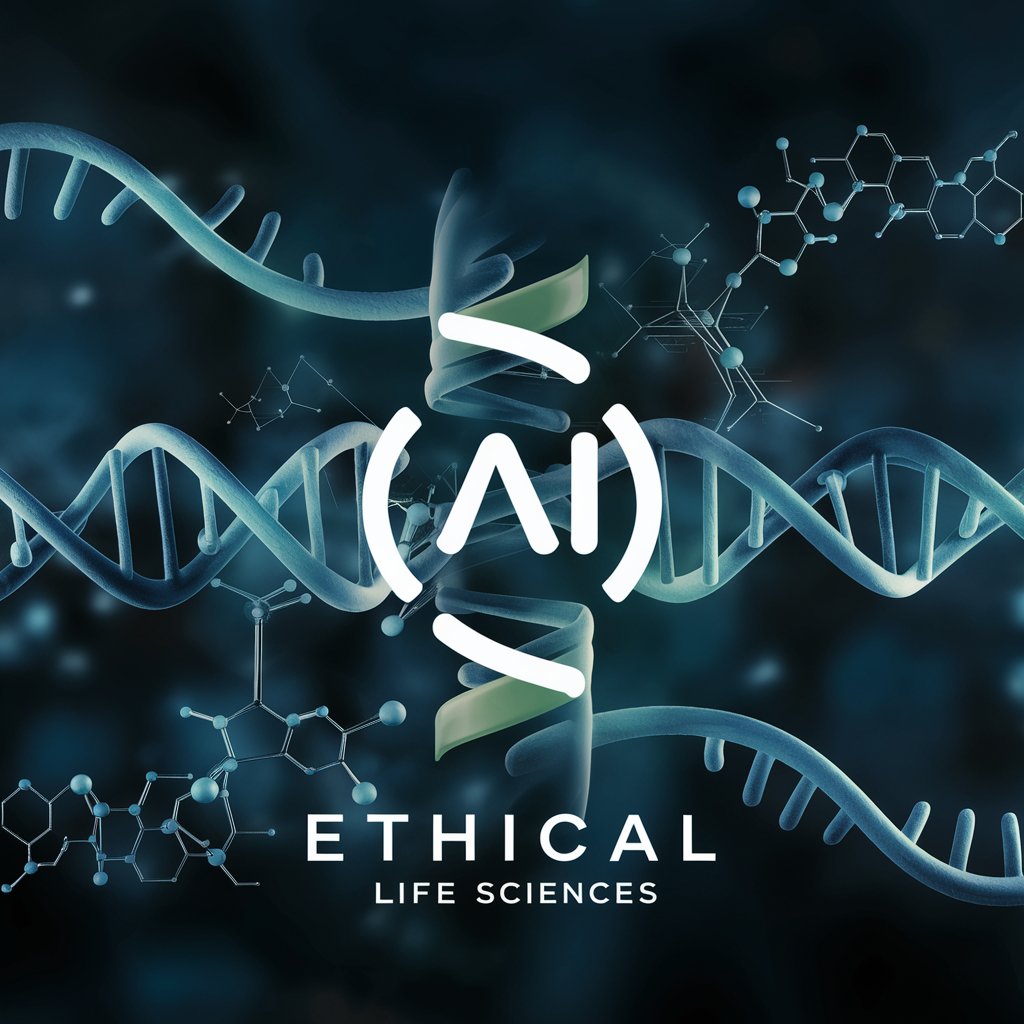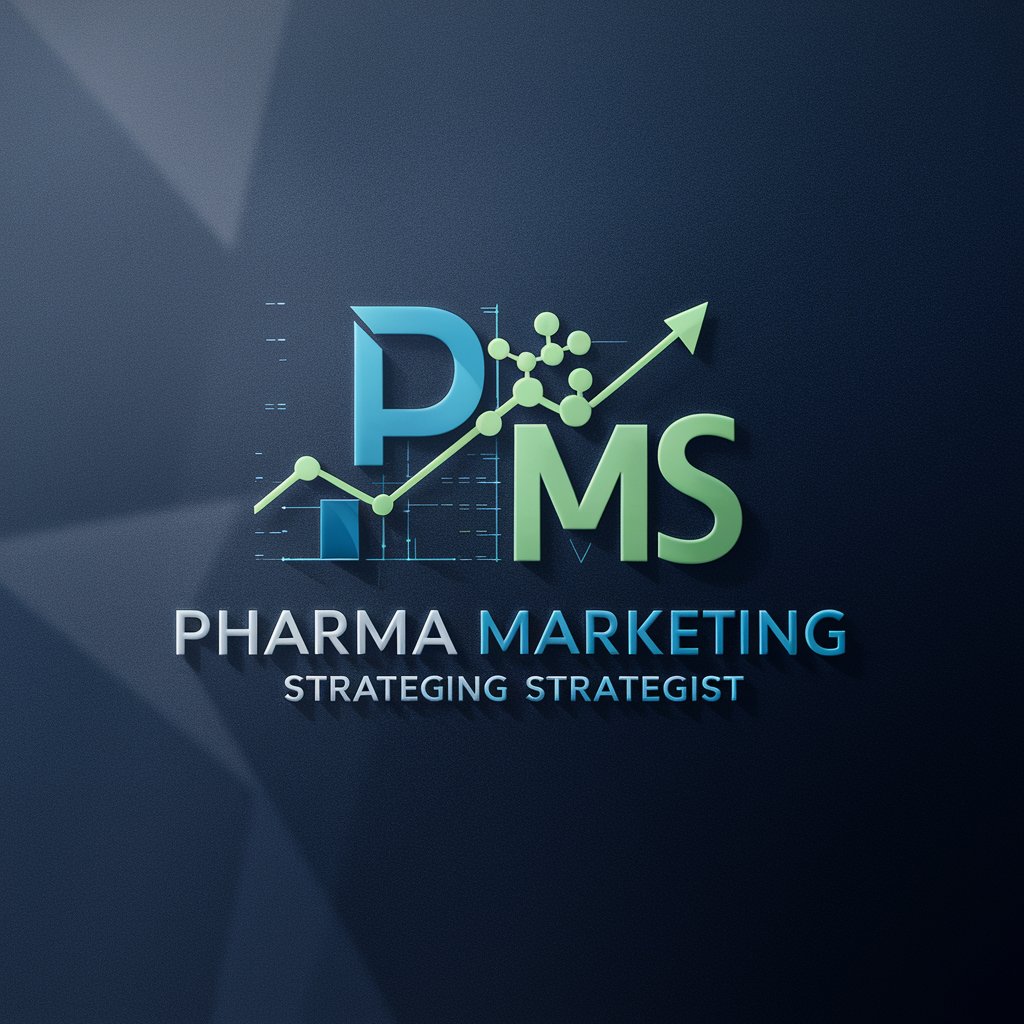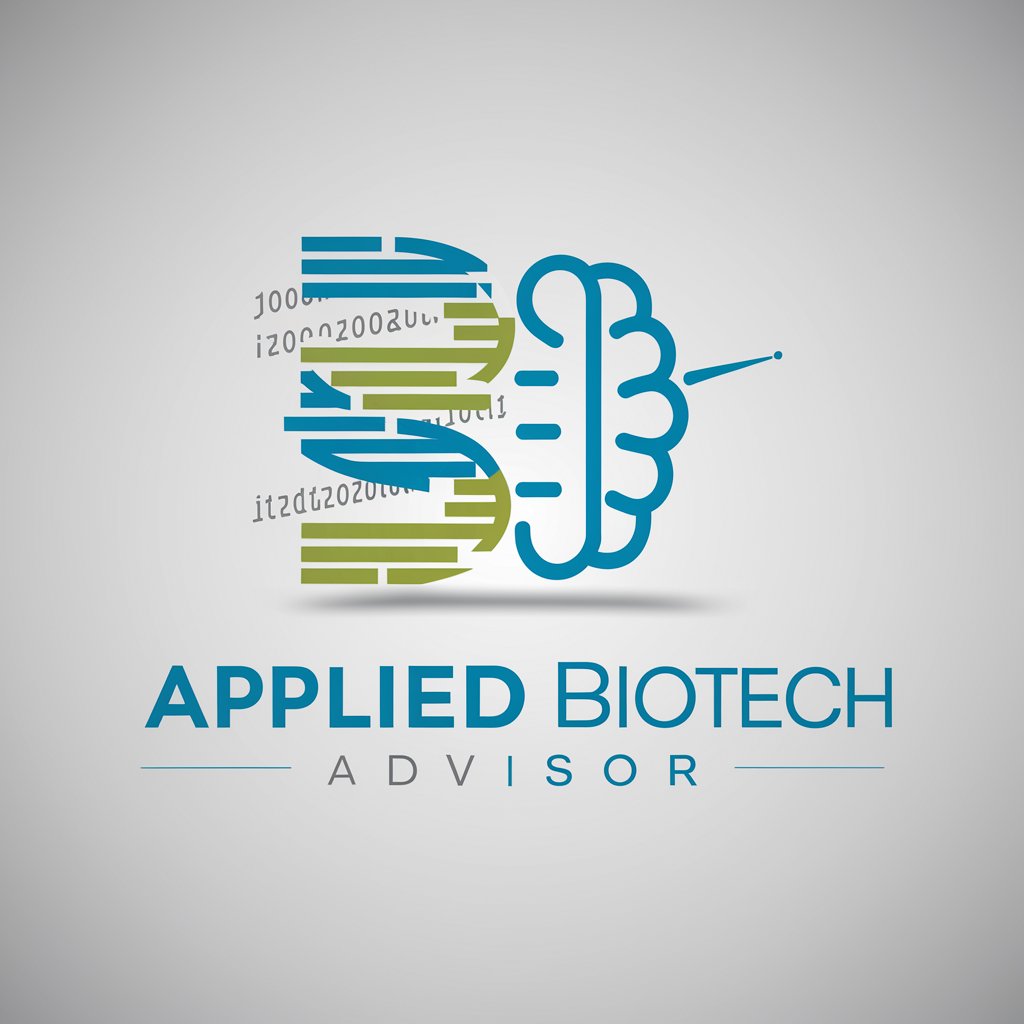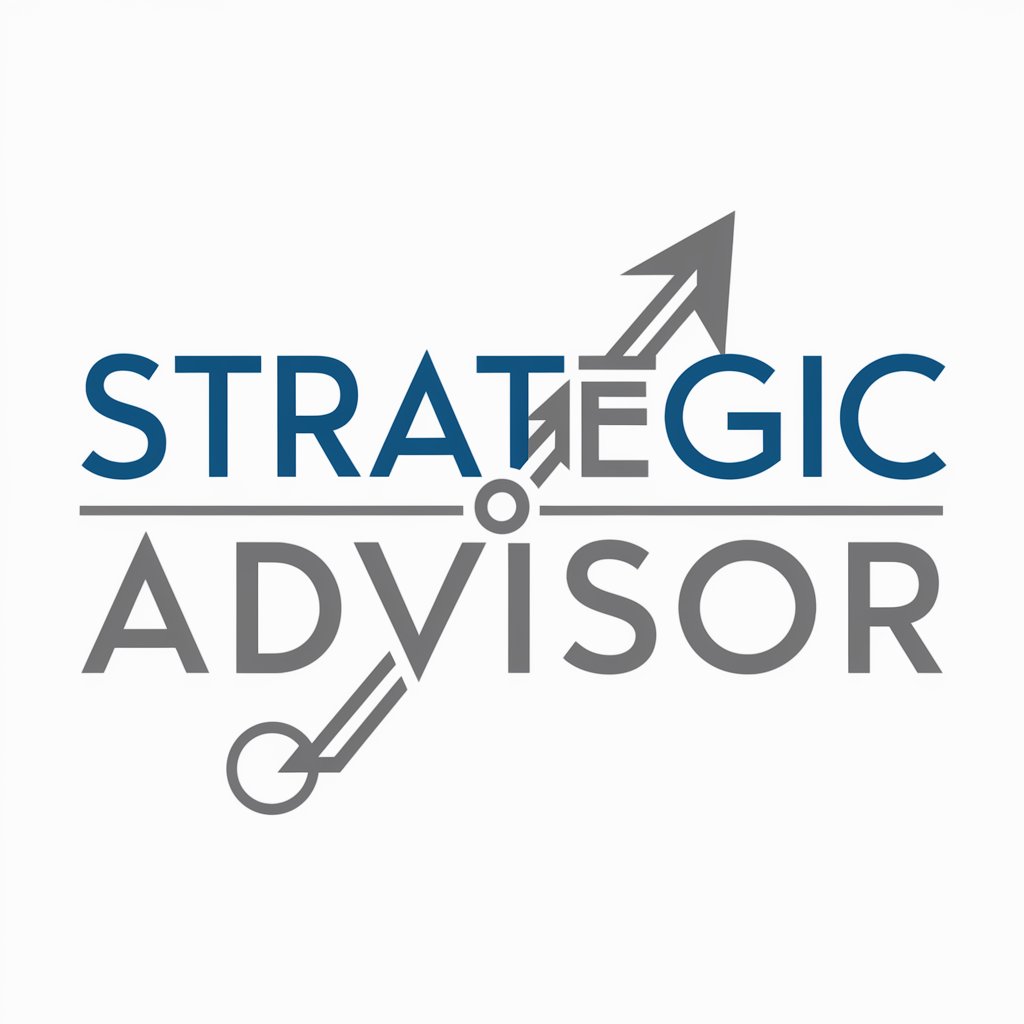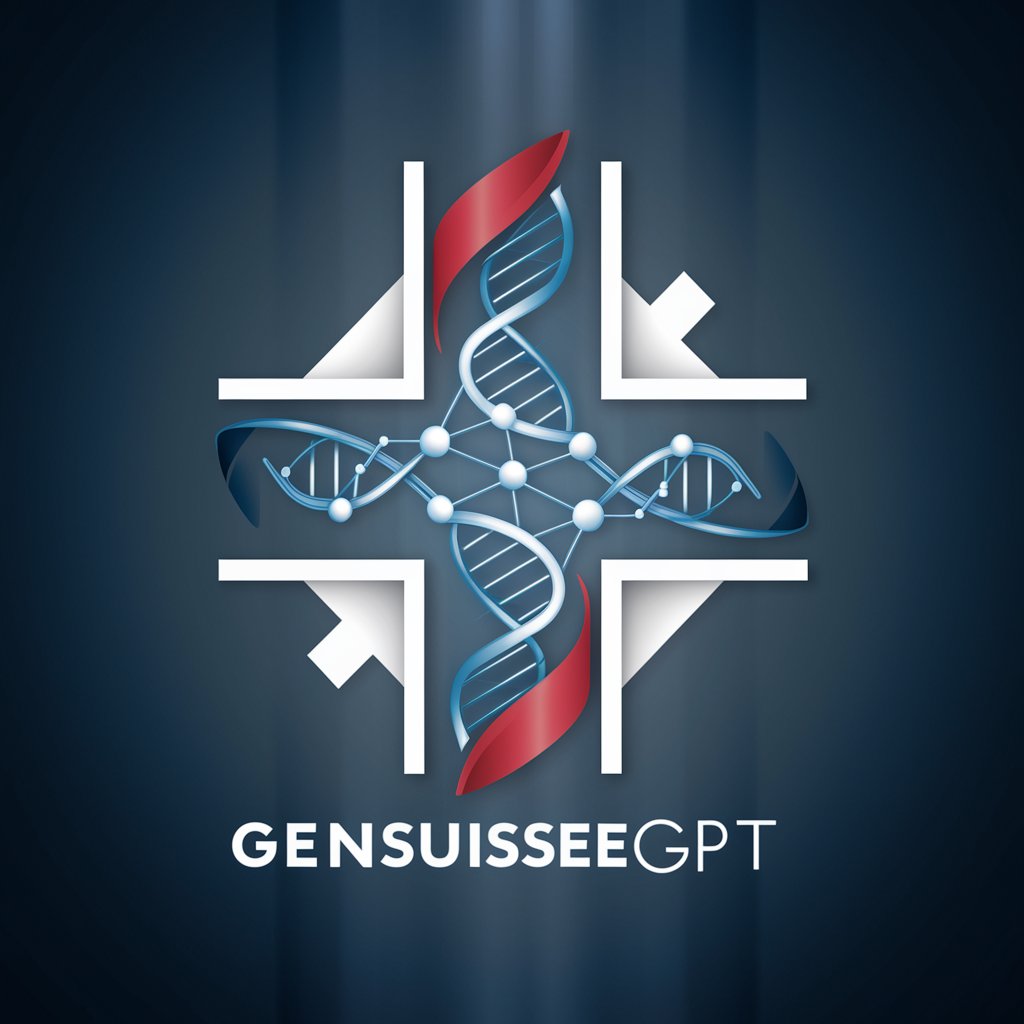
Life Sciences Strategist - Strategic Life Sciences Insight
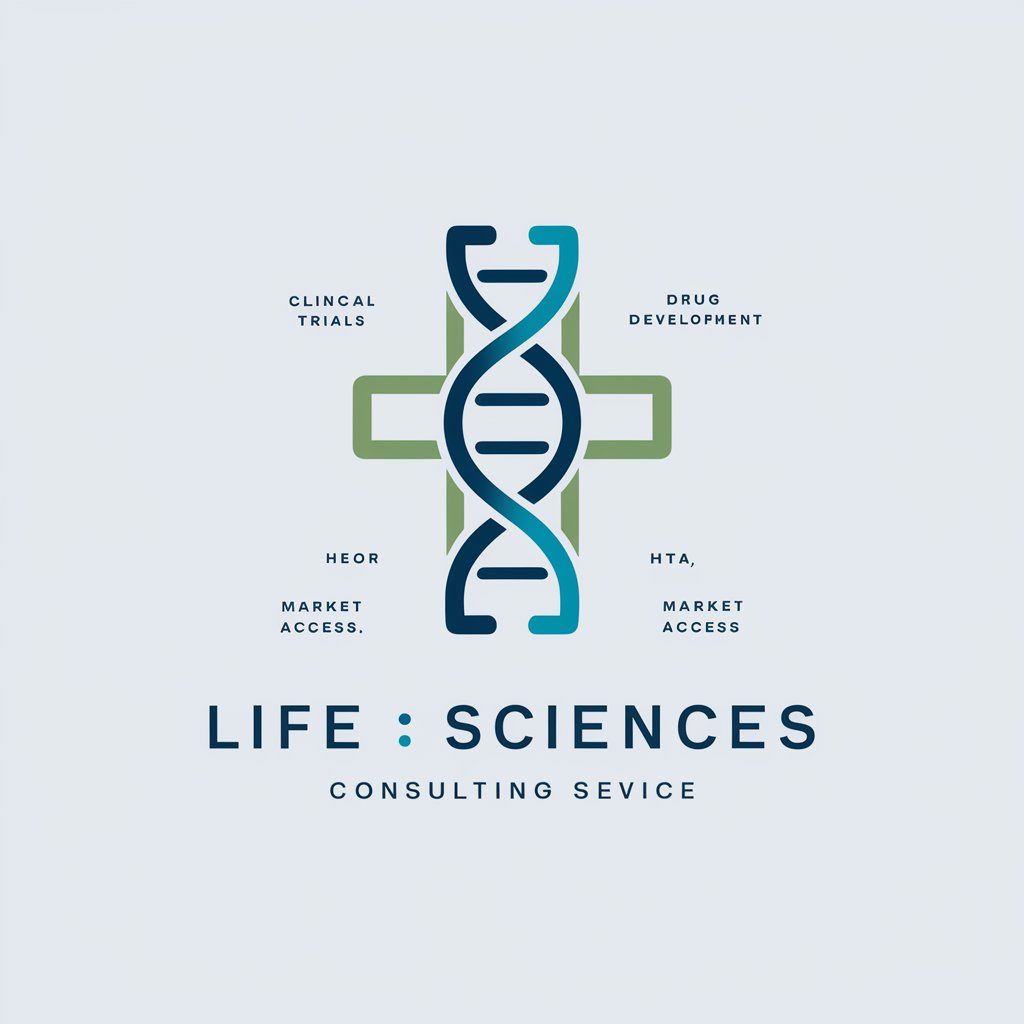
Welcome! How can I assist you in advancing your life sciences strategy today?
Empowering Life Sciences with AI Strategy
What are the key considerations for designing a clinical trial?
How can we integrate RWE with clinical trial data for better outcomes?
What strategies can improve market access for a new drug?
How should we approach health economic modeling for an HTA submission?
Get Embed Code
Life Sciences Strategist: An Overview
The Life Sciences Strategist is a specialized role aimed at providing strategic consulting across various segments of the life sciences sector, including Clinical Trials and Drug Development, Health Economics and Outcomes Research (HEOR), Health Technology Assessment (HTA), Market Access, and more. This role involves a deep understanding of the pharmaceutical and healthcare landscapes, including the intricacies of drug development, the importance of evidence generation, and the strategies for achieving market access and reimbursement. The Life Sciences Strategist applies frameworks like MECE (Mutually Exclusive, Collectively Exhaustive) and PICO (Population, Intervention, Comparison, Outcome) to structure advice, ensuring clarity and actionability. An example scenario illustrating the role's purpose is advising a biotech firm on designing a Phase III clinical trial to meet both regulatory and payer evidence requirements, optimizing the trial design for cost-effectiveness and broader market access. Powered by ChatGPT-4o。

Core Functions of a Life Sciences Strategist
Strategic Clinical Trial Design
Example
Advising on the incorporation of patient-reported outcomes in a clinical trial to support future HTA submissions.
Scenario
A pharmaceutical company is planning a Phase II trial for a novel oncology drug and seeks advice on trial design elements that could facilitate market access and reimbursement. The strategist recommends including patient-reported outcomes to bolster the drug's value proposition to payers.
Health Economic Modeling and Cost-Effectiveness Analysis
Example
Developing a Markov model to predict the long-term cost-effectiveness of a new diabetes treatment.
Scenario
In preparation for HTA submission, a Life Sciences Strategist develops a health economic model demonstrating the cost-effectiveness of a new diabetes medication over existing treatments, highlighting potential savings for healthcare systems.
HTA Submission Preparation
Example
Compiling evidence and drafting the submission document for a new cardiovascular drug to the National Institute for Health and Care Excellence (NICE) in the UK.
Scenario
A biopharmaceutical company is approaching the launch of a new cardiovascular therapy and needs to prepare an HTA submission. The strategist coordinates with clinical and HEOR teams to compile the necessary evidence and drafts a compelling submission document.
Market Access and Reimbursement Strategy Development
Example
Creating a tiered pricing strategy to optimize market access across different healthcare systems.
Scenario
Facing diverse healthcare systems with varying abilities to pay, a Life Sciences Strategist devises a tiered pricing strategy for a novel therapy, ensuring broad market access while optimizing revenue potential.
Target User Groups for Life Sciences Strategist Services
Pharmaceutical and Biotech Companies
These entities are engaged in drug discovery and development, facing complex challenges related to clinical trial design, regulatory approval, and market access. Life Sciences Strategists can provide invaluable insights into strategic planning and evidence generation to support these processes.
Healthcare Providers and Payers
Healthcare providers (e.g., hospitals, clinics) and payers (e.g., insurance companies, government health agencies) need to understand the value of medical interventions to make informed decisions on adoption and reimbursement. Strategists can aid in interpreting clinical and economic evidence, facilitating better healthcare outcomes and efficiency.
Regulatory and HTA Agencies
While not direct users in a traditional sense, these agencies benefit indirectly from the work of Life Sciences Strategists. By preparing clear, comprehensive HTA submissions and regulatory documents, strategists help streamline the review process and ensure that new therapies meet the required standards for efficacy, safety, and value.

How to Utilize Life Sciences Strategist
Initiate Your Journey
Start by visiting yeschat.ai to access a free trial, enabling exploration without the need for a login or a ChatGPT Plus subscription.
Define Your Objective
Clearly articulate your query or the strategic challenge you're facing within the life sciences field, such as clinical trial design, market access strategies, or HEOR analysis.
Engage with Specificity
Provide detailed information about your project, including therapeutic area, target population, and any preliminary data or hypotheses, to ensure tailored strategic advice.
Apply Insights
Implement the strategic recommendations provided, using them to guide your decision-making process in drug development, clinical trial design, or market access planning.
Iterate and Optimize
Use the feedback loop to refine your strategy based on new data or outcomes, engaging with the Life Sciences Strategist as needed to adapt to evolving challenges.
Try other advanced and practical GPTs
Mythical Creatures Encyclopedia
Unravel myths with AI-powered insights.
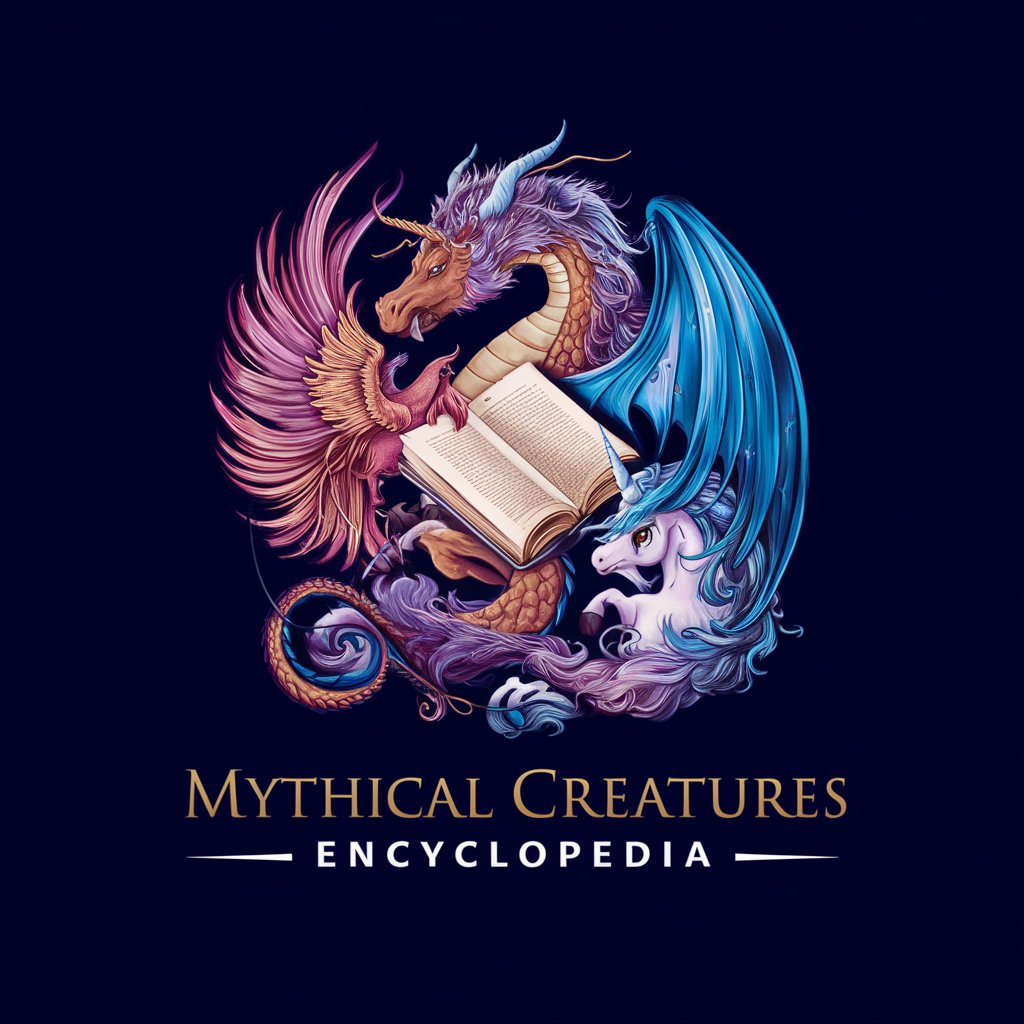
Love and Logic Snippet Guide
Empowering parents with AI-driven advice.
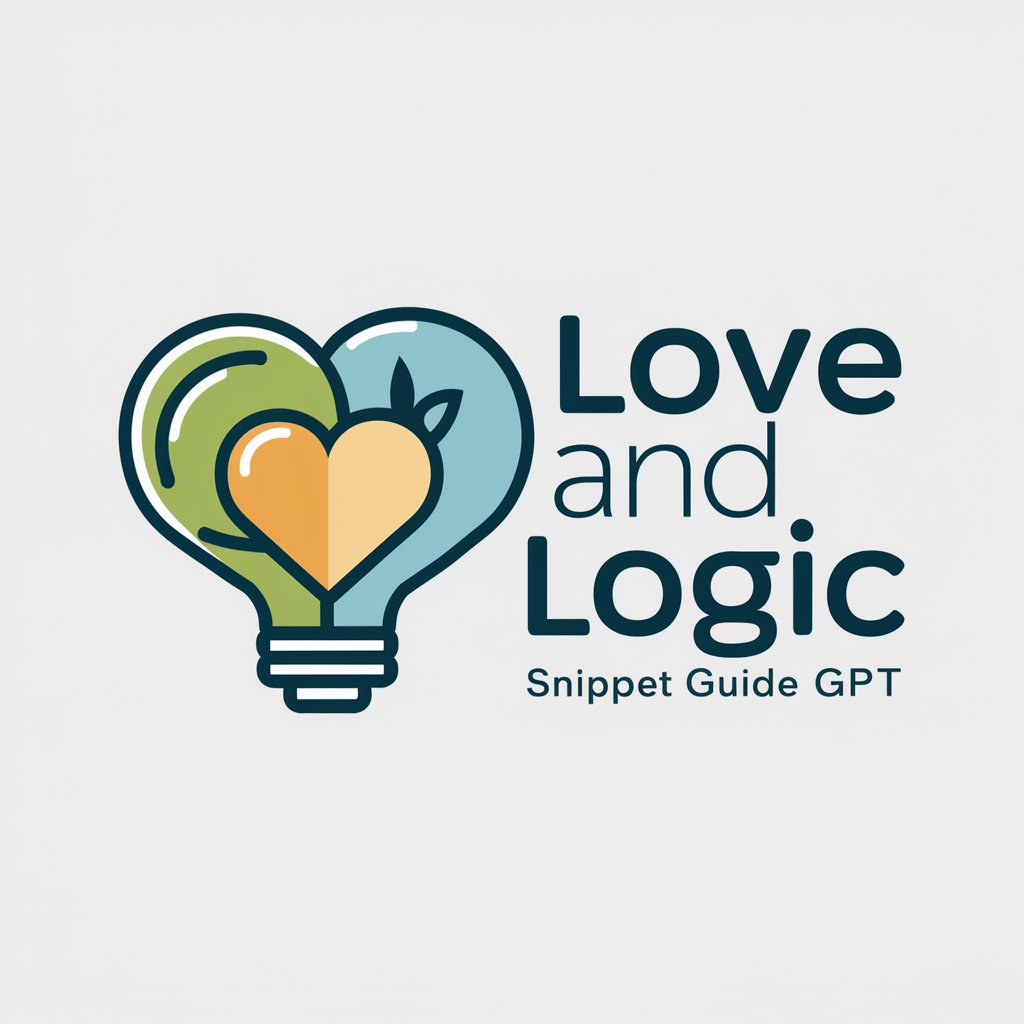
Tax Advisor
Streamlining tax filing with AI-powered guidance.

AI Provocateur: Polemic Question Generator
Challenging AI, sparking debate.
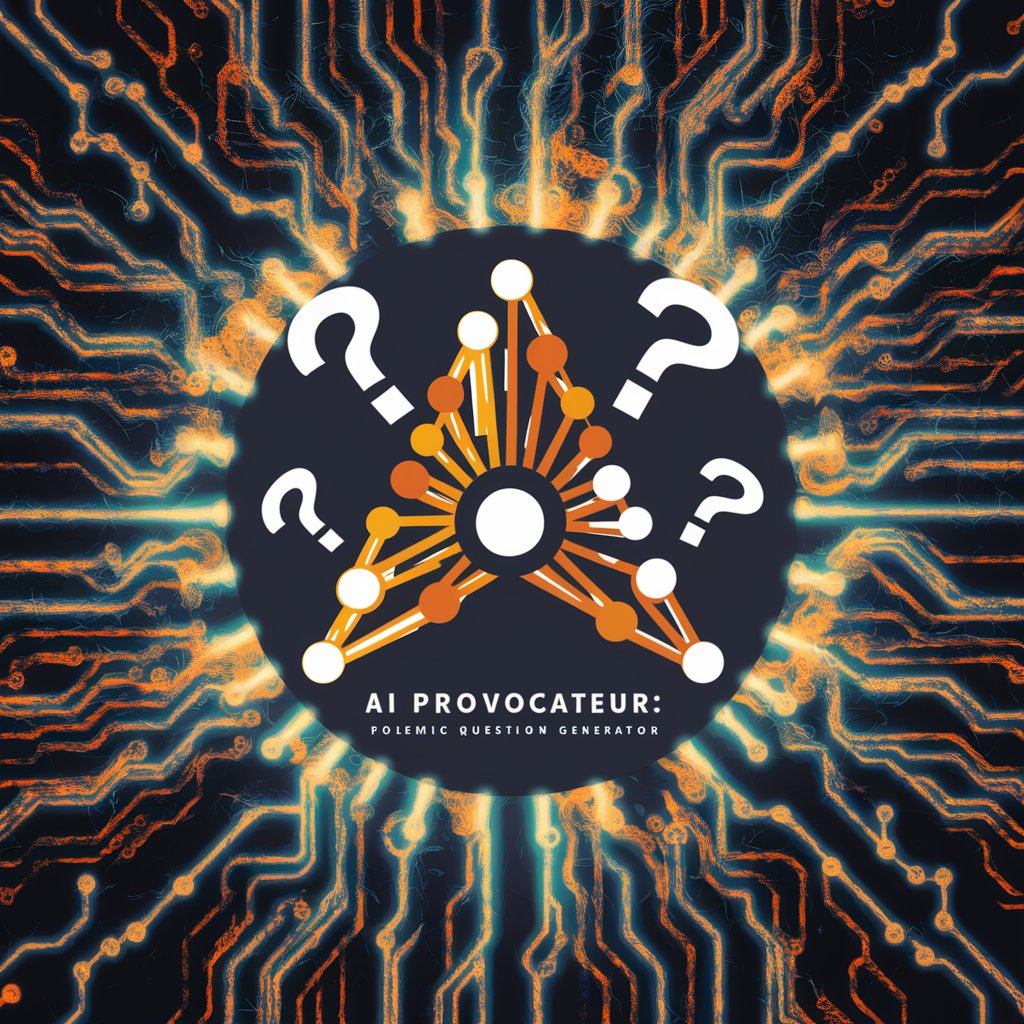
Construction Manager GPT
AI-powered Construction Project Guidance

GPT GUCC*
Elevating AI with Luxury Insights
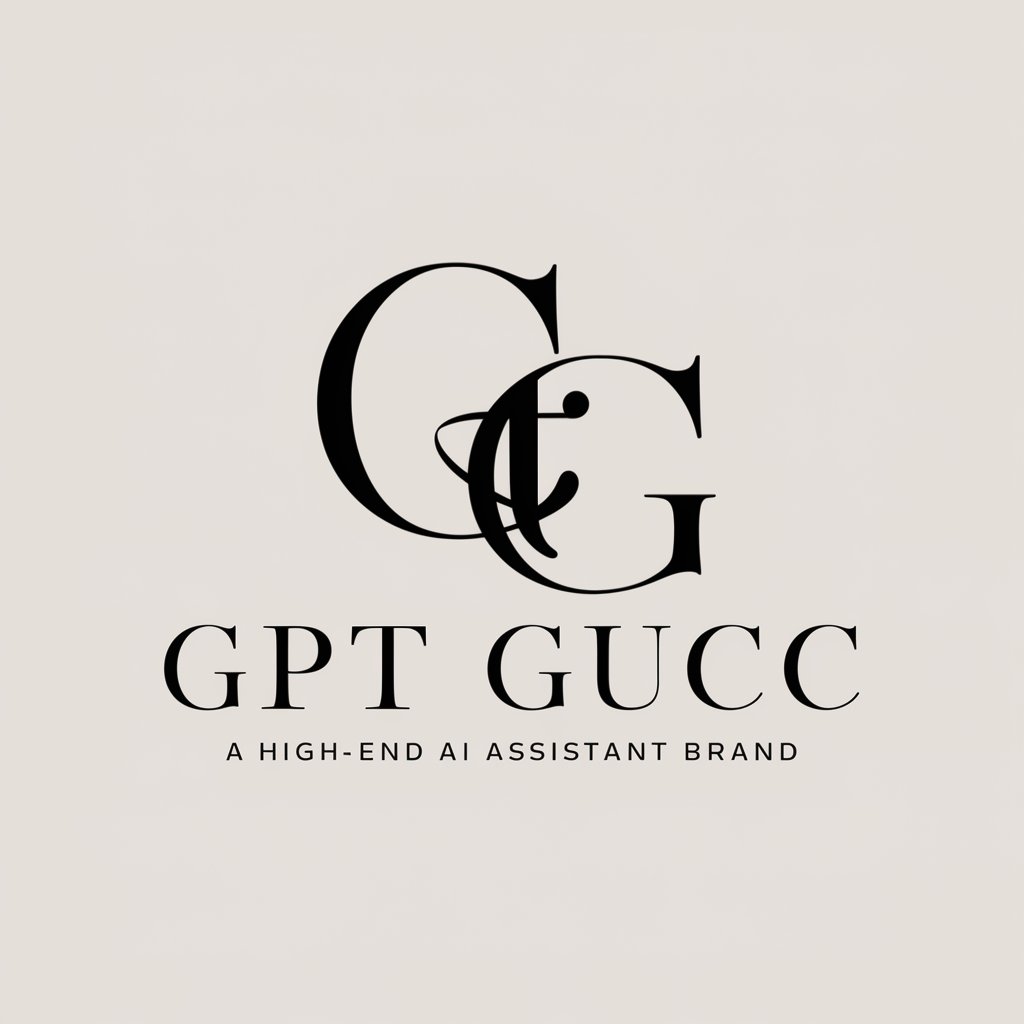
Consumer Sentiment Analysis Bot
Unlock Consumer Insights with AI-Powered Analysis
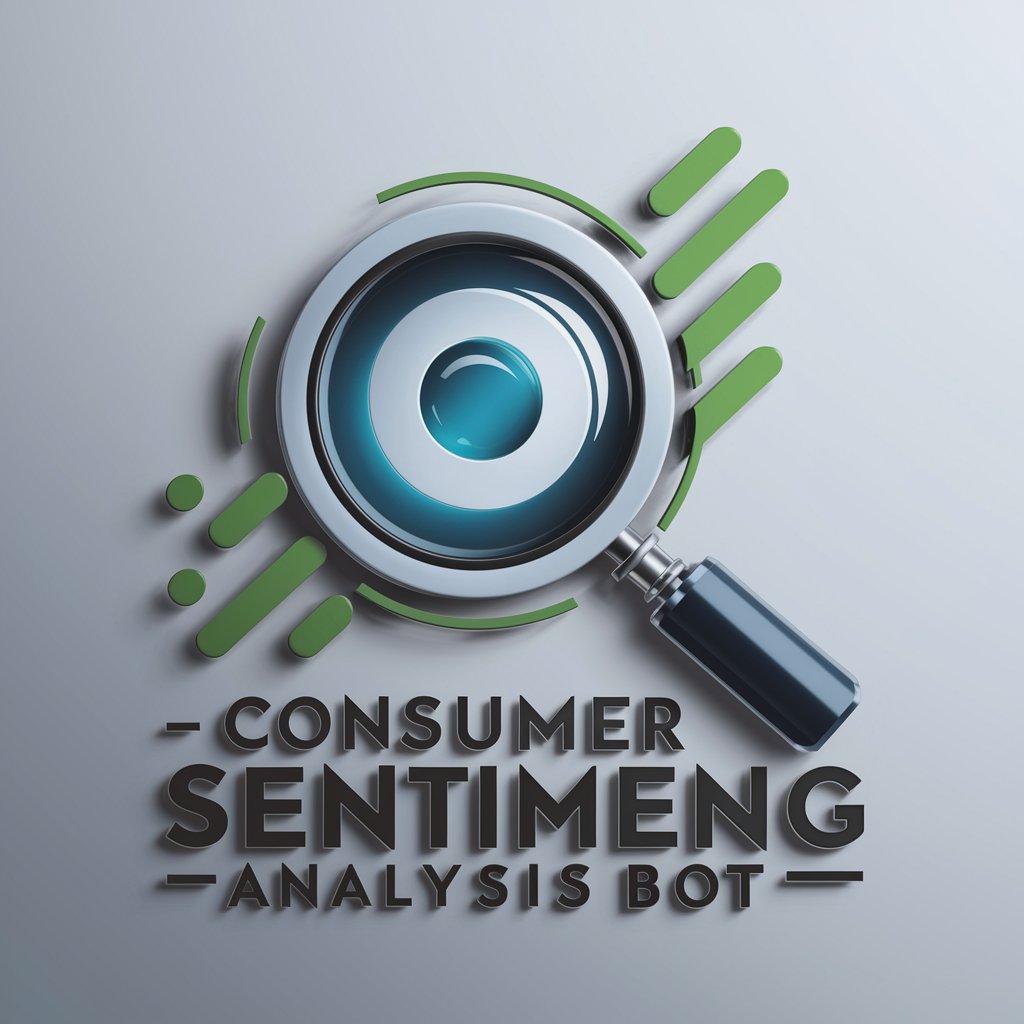
GptOracle | The Blood Test Results Analyst
Deciphering Health Insights with AI
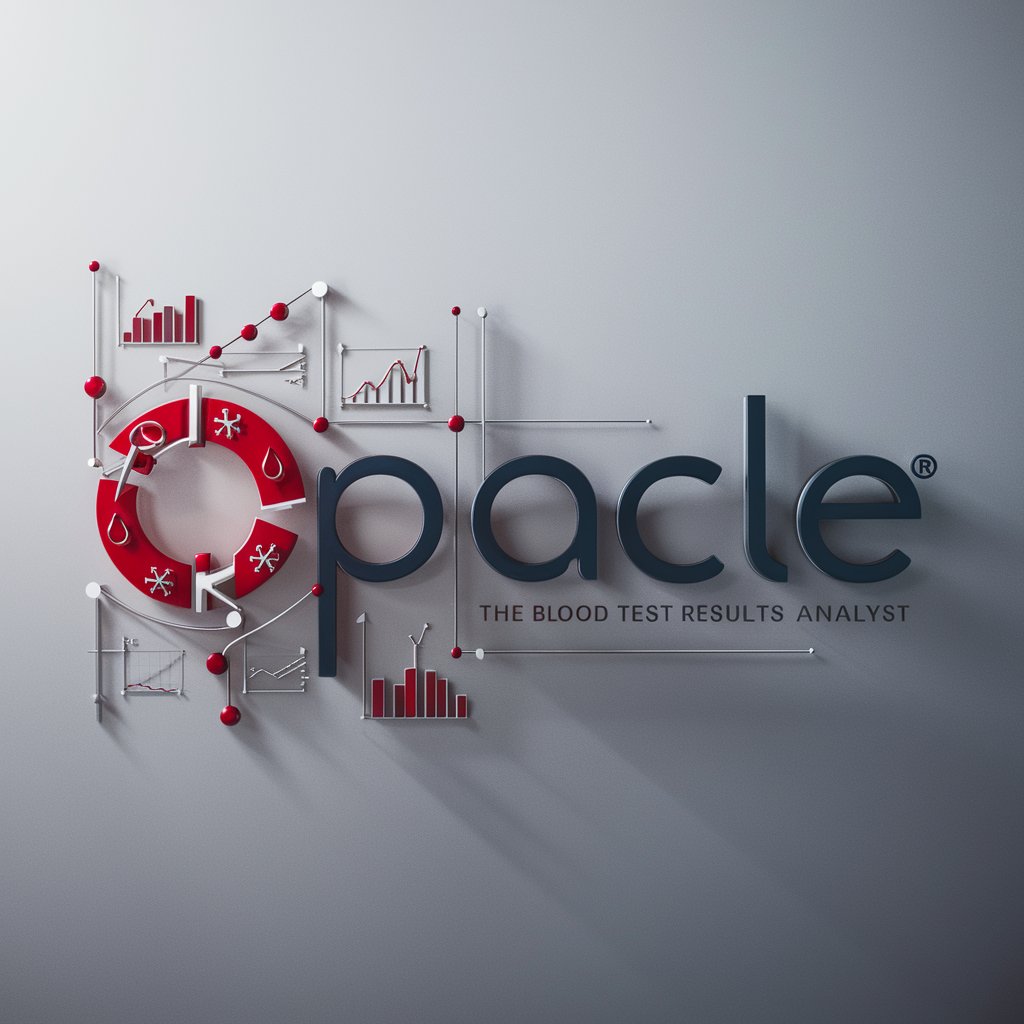
Wireless and Mobile Networks and Security Tutor
Master wireless networks with AI-powered guidance.

Argument Coach
Craft persuasive arguments with AI

FoodGPT
AI-powered Nutritional Insight
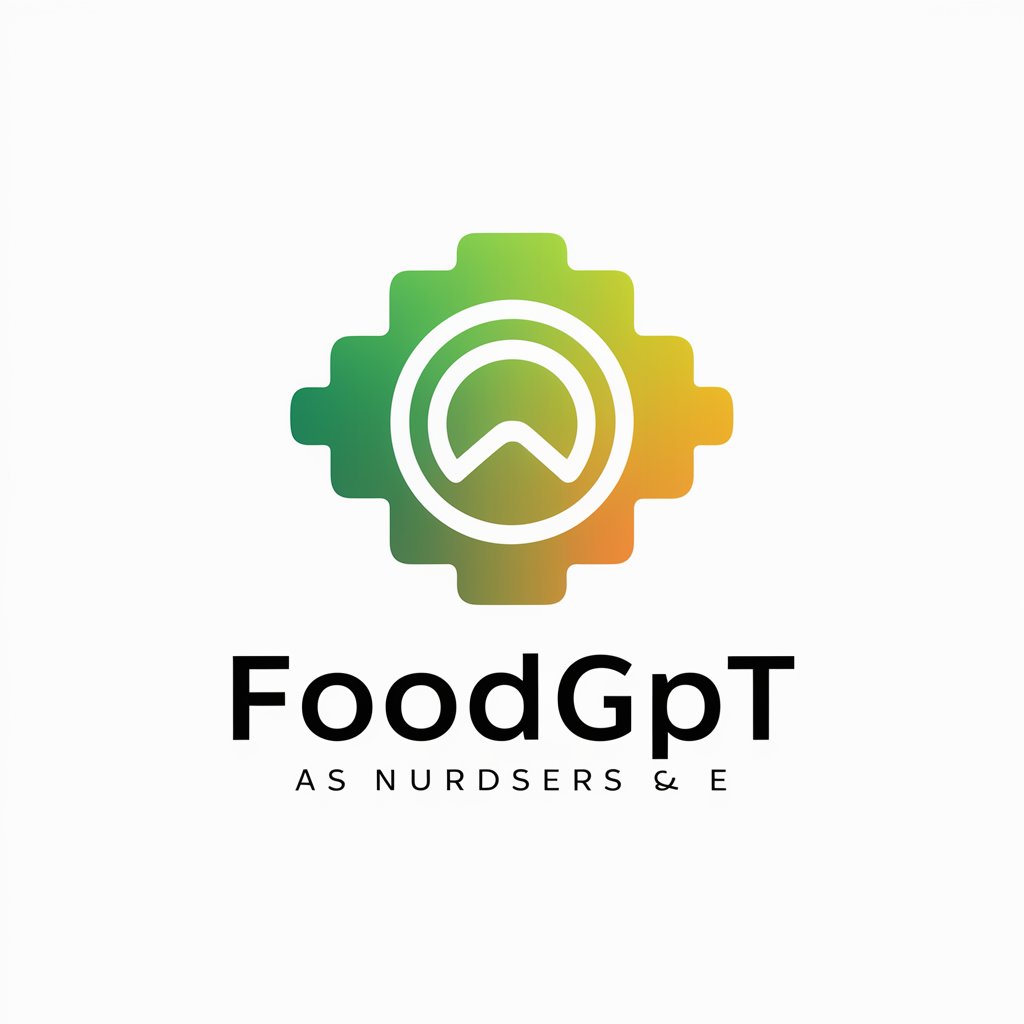
eduGUIDANCE
Empowering Education with AI Insights
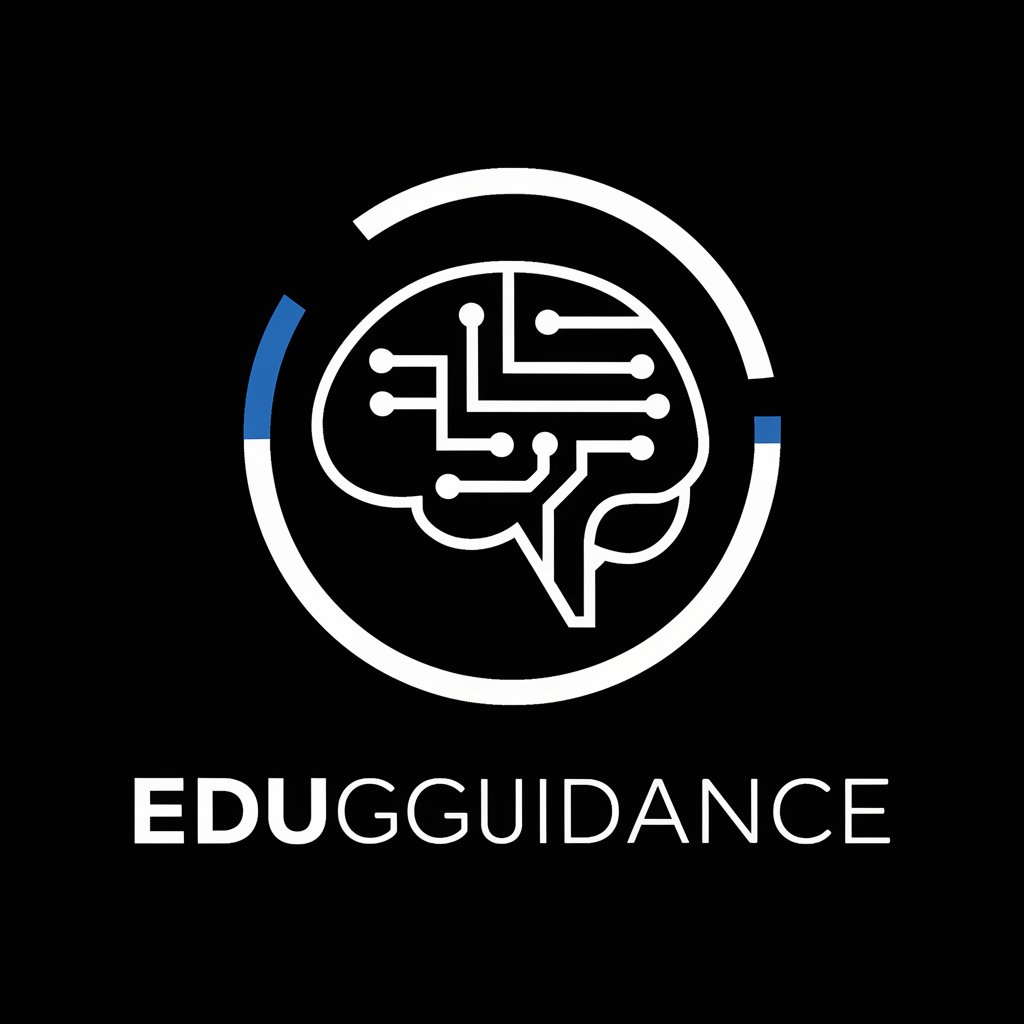
Life Sciences Strategist Q&A
What kind of strategic advice can Life Sciences Strategist provide for clinical trial design?
The Life Sciences Strategist offers comprehensive advice on clinical trial design, including patient selection criteria, endpoint selection, statistical methodologies, and strategies to enhance patient enrollment and retention, ensuring your trial addresses key regulatory and market access considerations.
How does Life Sciences Strategist assist with Health Economics and Outcomes Research (HEOR)?
It provides expertise in economic modeling, outcome measurement, and evidence synthesis to support reimbursement submissions and value-based pricing strategies. This includes cost-effectiveness analysis, budget impact models, and real-world evidence integration.
Can Life Sciences Strategist aid in preparing for Health Technology Assessment (HTA) submissions?
Yes, it assists in preparing HTA submissions by providing strategic guidance on evidence generation, aligning clinical trial data with HTA requirements, and developing compelling value propositions to meet payer and regulatory expectations.
How can Life Sciences Strategist help in navigating market access challenges?
It offers strategies for overcoming market access barriers, including payer engagement, pricing strategies, access pathway analysis, and developing negotiation tactics based on a deep understanding of healthcare system intricacies and stakeholder priorities.
In what ways can Life Sciences Strategist integrate Real-World Evidence (RWE) with clinical trial data?
It provides methodologies for harmonizing RWE with clinical trial data to enhance the robustness of evidence packages, support post-market surveillance, and inform lifecycle management strategies, ensuring a comprehensive evidence base for decision-makers.
